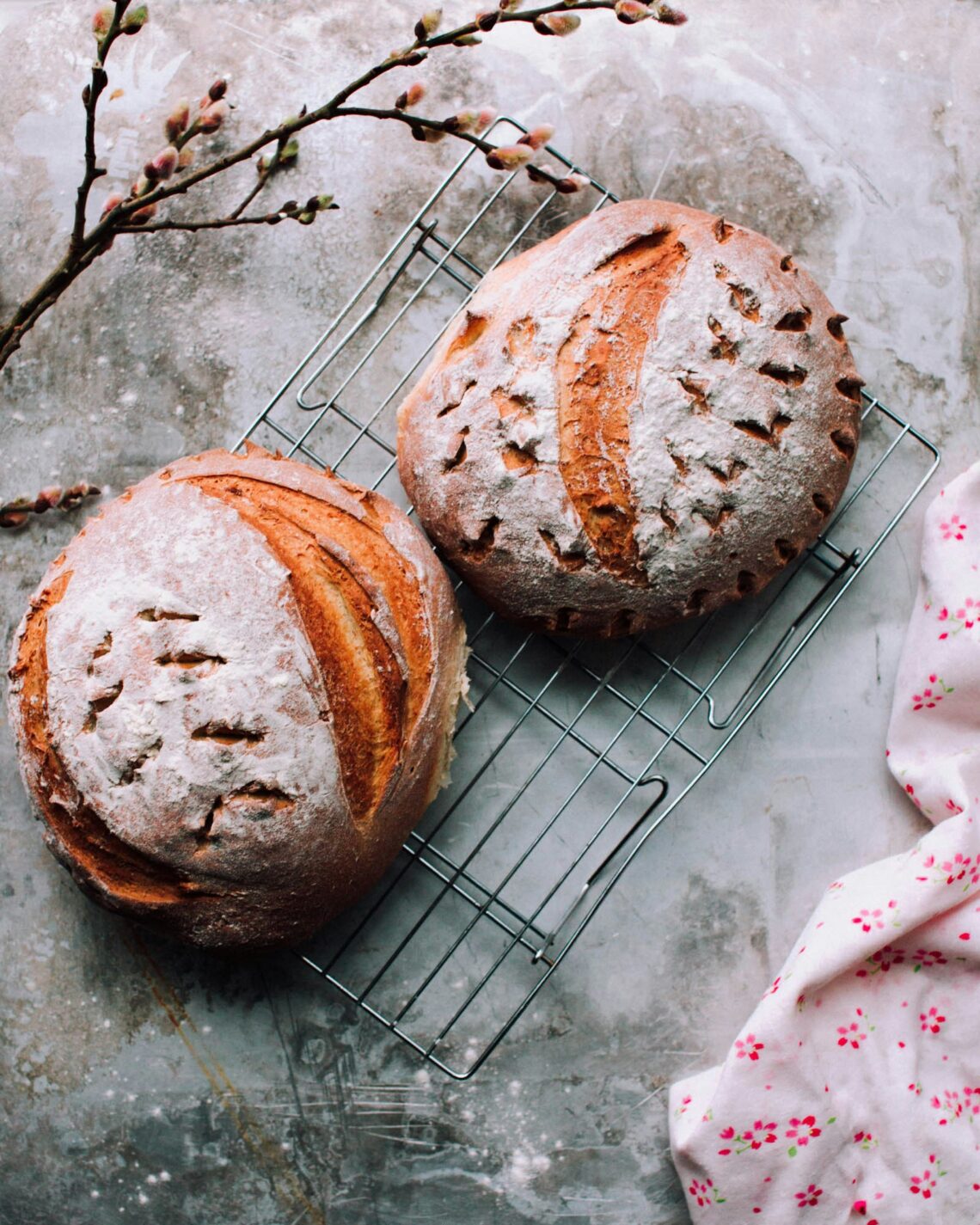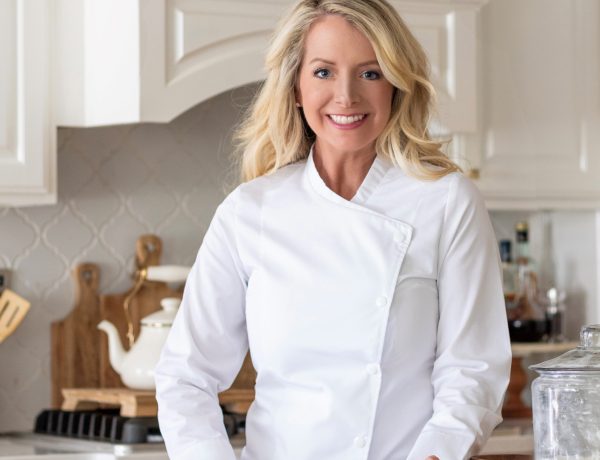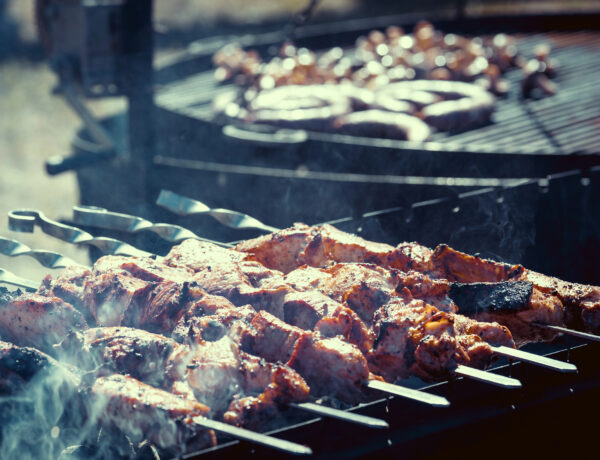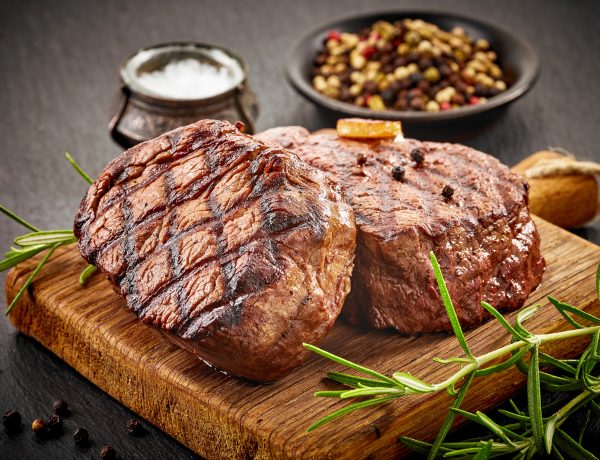Culinary education has been transformed by online pastry school programs, opening it up to aspirant bakers all around the world. With the flexibility and convenience these programs provide, students can learn from home and acquire the necessary skills. A lot of online pastry schools use cutting-edge methods such as interactive assignments, virtual demonstrations, and at-home cooking projects to provide students with practical experience.
Ingredient kits and comprehensive instructions for making a variety of pastries and desserts are frequently provided to students enrolled in online baking and pastry arts programs. They watch excellent video lectures, take part in live virtual sessions, and work on practical assignments in their kitchens. In order to give students practical experience, some programs even include industry externships.
Pastry school programs by Escoffier have adapted to the online environment by offering comprehensive curriculums that blend baking techniques with business fundamentals. These programs typically last 60 weeks and cover food theory, the science behind baking, and global techniques. Combining theoretical knowledge and practical application prepares students for successful careers in the pastry arts industry.
Key Takeaways
- Online pastry programs use virtual demonstrations and at-home projects for hands-on learning.
- Students participate in live classes, watch video tutorials, and complete practical assignments.
- Industry externships provide real-world experience to complement online education.
Innovative Online Learning Strategies for Pastry Arts
Online pastry schools employ cutting-edge techniques to deliver comprehensive education. These methods combine technology, mentorship, and flexible scheduling to provide students with a rich learning experience.
Interactive Online Platforms and Technology
Cutting-edge digital platforms are used by pastry schools nowadays to enhance the learning process. These devices frequently come with excellent video tutorials that walk users through complex procedures. In real-time, during live sessions, students can ask questions of chef teachers and receive prompt feedback.
Discussion boards are a feature of virtual classrooms that allow students to exchange ideas and work together on projects. Certain programs let students practice technical skills at home by simulating cooking environments using virtual or augmented reality.
A lot of schools give out ingredient kits so that students have all they need for practical experience. The curriculum also incorporates tools for inventory management, cost computation, and digital recipe scalability.
The Role of Mentorship and Career Services
Pastry arts are a complex field, and students need mentors who are experienced chefs. These experts can offer insightful information about careers in cooking because they frequently have a wealth of industry expertise.
Students who participate in one-on-one mentoring sessions might get tailored feedback on their methods and work. Certain programs match students with professionals in the sector to provide extra mentoring and networking opportunities.
Departments of career services help recent graduates locate jobs. They provide help with job placement, interview preparation, and resume training. In order to facilitate internships and job placements, numerous colleges keep up partnerships with bakeries, restaurants, and hotels.
Balancing Flexibility and Structure
Online pastry courses are flexible enough to meet the varied schedules and obligations of their students. Students can access course materials and finish tasks at their own leisure with asynchronous learning components.
These programs do, nonetheless, also uphold an organized curriculum to guarantee that students advance methodically through fundamental abilities and methods. A structure for regular learning is provided by live sessions and weekly deadlines.
Many institutions provide both full-time and part-time alternatives to accommodate various schedules. In certain programs, advanced techniques are taught in more intensive, planned sessions after self-paced modules covering core abilities.
Hands-On Experiences in Online Pastry Programs
Online pastry programs incorporate practical elements to ensure students gain real-world skills. These hands-on experiences are crucial for developing the techniques and knowledge needed in the baking and pastry industry.
Externships and Industry Partnerships
A lot of online pastry schools incorporate externships into their curricula. Through these placements, students can put their talents to use in real-world settings by working in bakeries or professional pastry shops. Students learn about food procurement, production schedules, and cooperation while gaining invaluable experience in commercial kitchens.
Industry partnerships give students the chance to network with seasoned professionals. Students can interact with professionals in the field through mentorship programs, online workshops, and guest lectures. These relationships may open doors for beneficial networking and post-graduation employment opportunities.
Home Kitchen as a Learning Lab
Online pastry programs often utilize students’ home kitchens as primary learning spaces. Students are guided through setting up their kitchens with essential equipment and ingredients. This approach allows for flexibility in practice schedules and helps students become comfortable in their own workspace.
Programs may provide detailed instructions on adapting recipes to home equipment. Students learn to adjust techniques for different ovens, mixers, and tools they have available. This adaptability is a valuable skill in the diverse world of professional baking.
Practical Assignments and Projects
There are practical exercises to help you acquire certain abilities in online pastry classes. Assignments could include making a multitiered cake, coming up with a pastry menu, or producing a recipe for their distinctive bread. These assignments frequently call for photo or video documentation, which enables professors to offer thorough feedback.
In certain programs, students can practice techniques under the guidance of an instructor in real-time through virtual labs. Skills like dough shape, precise mixing processes, and decorating techniques might be covered in these courses. In addition, production sheets and cost-out recipes are taught to students, which are critical business management skills for pastry shops.
Conclusion
Programs for online pastry schools have come up with creative ways to include practical practice in their courses. Through interactive video lectures, home projects, and virtual demonstrations, students can acquire practical skills in their kitchens. In order to give students practical experience, many programs also offer elective in-person courses or externships. Through the flexibility of online education, aspiring pastry chefs can acquire crucial knowledge and skills using these combined approaches.
Read more cooking articles at ClichéMag.com
Images provided by Deposit Photos, BingAI, Adobe Stock, Unsplash, Pexels, Pixabay & Creative Commons





